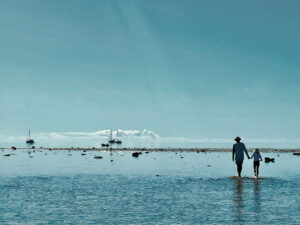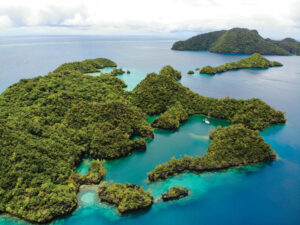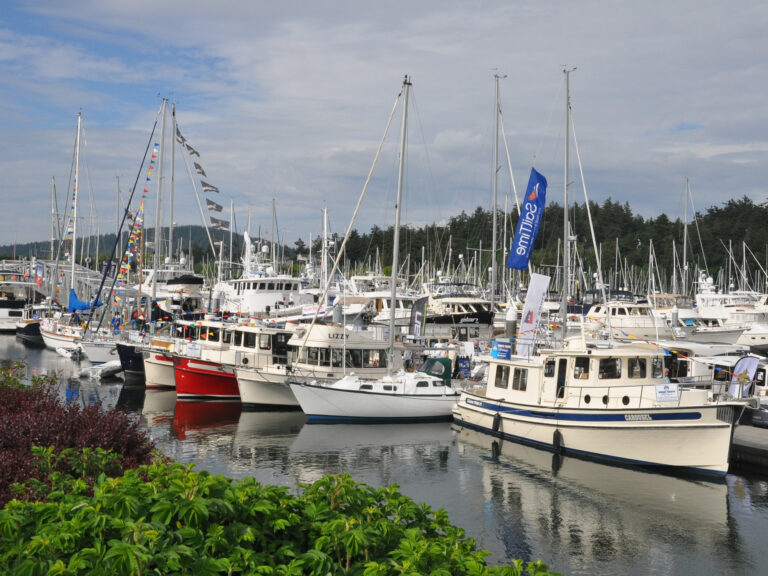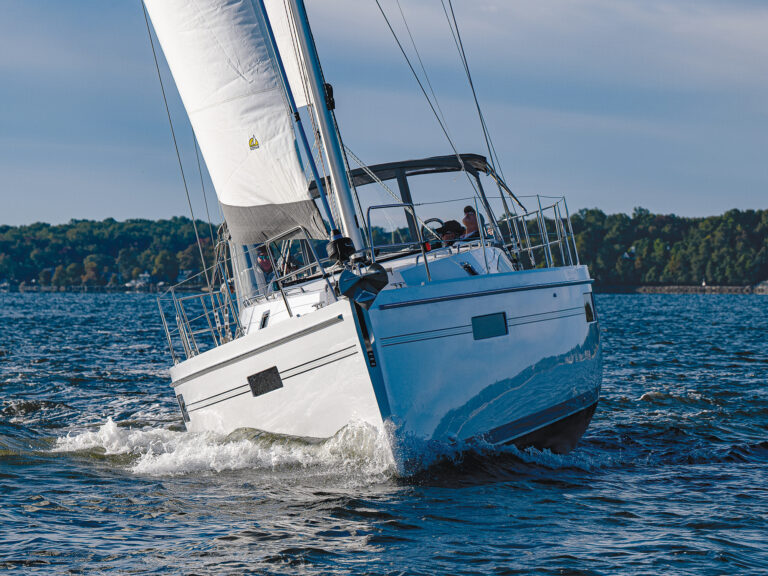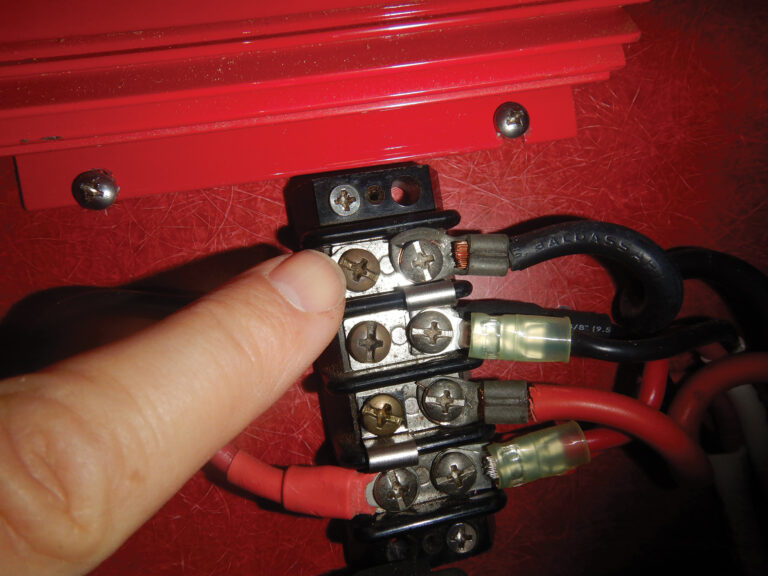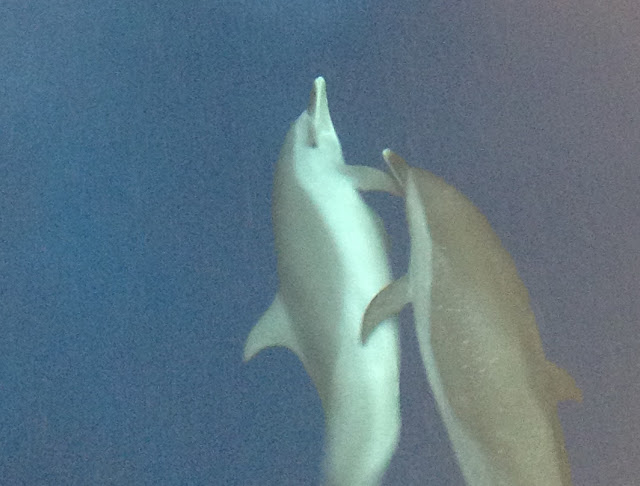
Our Fuji is now in Fiji. This is to say we’ve completed our 5-day passage from Apia, Samoa, that we’re no longer in the Western Hemisphere, that we’re no longer in Polynesia. All kinds of newness for Del Viento and her crew.
It was a good passage, in stark contrast to our sail last month from Ha’apai, Tonga, to Pago Pago, American Samoa. The Tonga-American Samoa passage was unpleasant, such is to be expected when trying to make easterly progress using the South Pacific trades. But this trip—oh this trip—there is nothing unpleasant about using the South Pacific trades to go west.
My long night watches were blissful. Without strain or protest from Del Viento, without spiteful spray thrown from the sea to the cockpit, we simply rolled gently, urged along mile after mile by a steady breeze from the aft quarter. The Southern Cross kept me company off to port, meteorites streaked all around, and each night, in the dark wee hours, the golden, waning crescent moon rose slowly from the aft horizon.
Sometime in the early evening on the third day, Windy surprised me when she appeared in the companionway. “I thought you were sleeping,” I said, fumbling for the iPod, to pause the audio, to ask her what was up. She was now in the cockpit not looking at me, her brow furled, peering into the dusk abeam and forward. “What is it?”
“I heard something.”
“Heard what?”
“Squeaking. Through the hull. Dolphins.”
“I don’t think you’d hear them through the hull, and I haven’t seen any.”
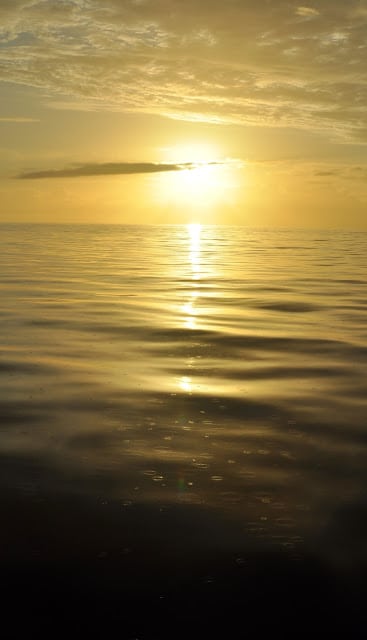
In fact, our dolphin encounters in the South Pacific have been rare. While sightings of all kinds of cetaceans were common in Mexico—so common they even occasionally failed to draw crew up from the cabin or forward from the cockpit—we’ve lately gone months between sightings.
“Hmm. It was weird, just like dolphins, that squeaking.”
“Maybe it’s just the mast partners—eeee-kk eeeee-kk—as we roll slightly.”
“No, it was like dolphins.”
Two minutes after she returned below, a huge dolphin leapt 6 feet out of the water just 20 feet abeam of the cockpit.
“Dolphins!” I yelled.
She and girls all scrambled back out the companionway like puppies pushing each other through a dog door at the sound of food.
“A huge one–you were right–just jumped out of the water, right here.” The water was still. I was on my feet, looking for more.
“Are you making fun of me?”
Then there were more.
“They don’t have beaks, their heads are round.”
For about 5 minutes, we all watched a small pod of large, dark-gray dolphins streaked under the bow. They weren’t staying to check us out, it seemed we were just on their path to someplace else. Two more of them cleared the water in flying leaps, giving us a good look. We later identified them as either Pygmy Killer Whales or Melon-headed Whales.
Then, on our last day of the passage, Eleanor’s voice came shrill through the hatch over my berth at 0600. “Pops, wake up! You’ve got to come up and see these dolphins, swimming right through the rainbow that’s a complete circle!”
I stood up through the hatch, facing aft, my nose on the glass. “I don’t see them.”
“No! Turn around, you’ve gotta come up!”
I grabbed my camera and got up to the foredeck. A small pod of Pantropical Spotted Dolphins was playing at our bow. We were moving so slowly that we all wondered what could be so fun about our wake. But they stayed. The girls said they’d already been there for more than 30 minutes before they woke me. 30 minutes! That’s a Del Viento record.

